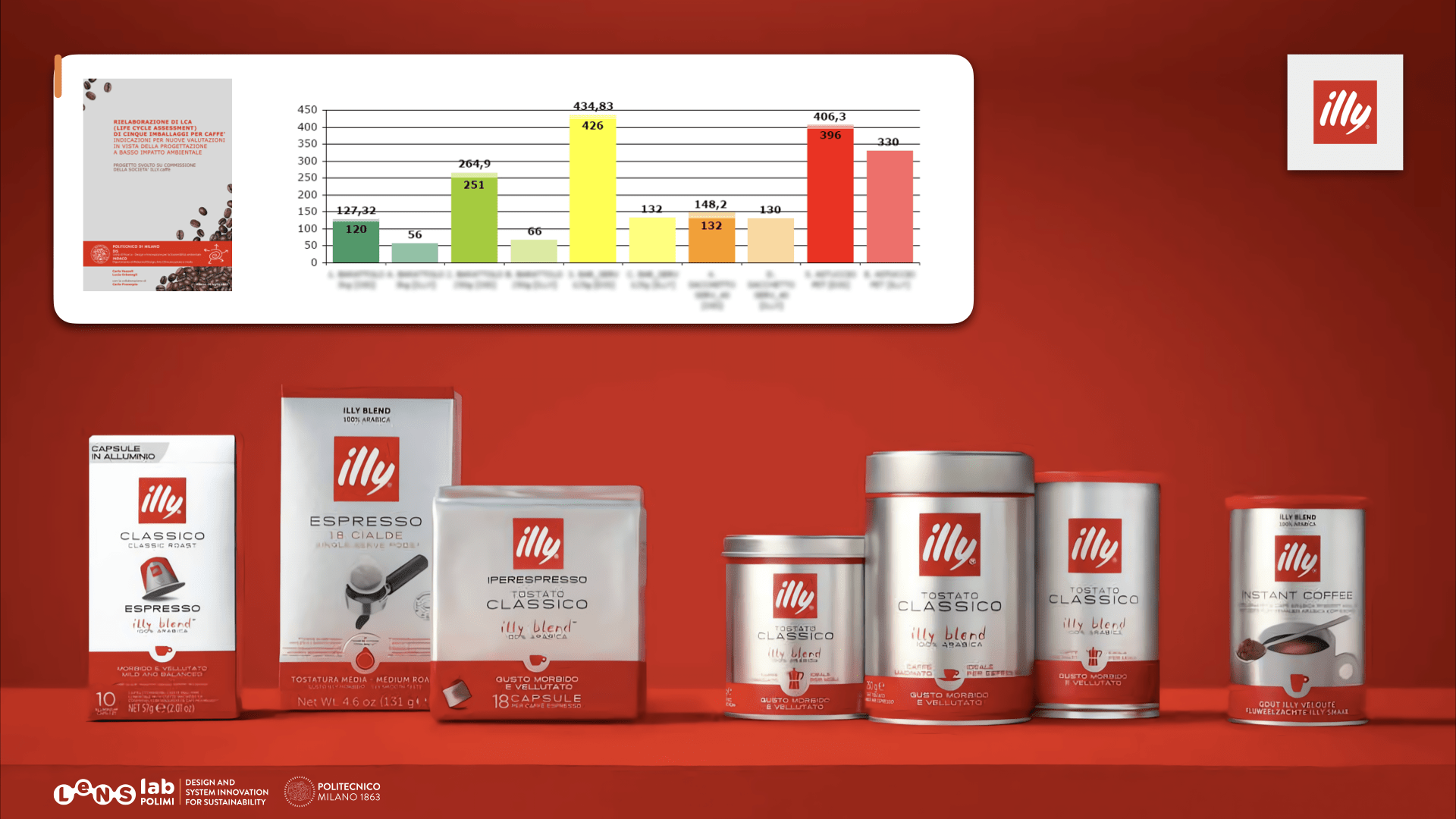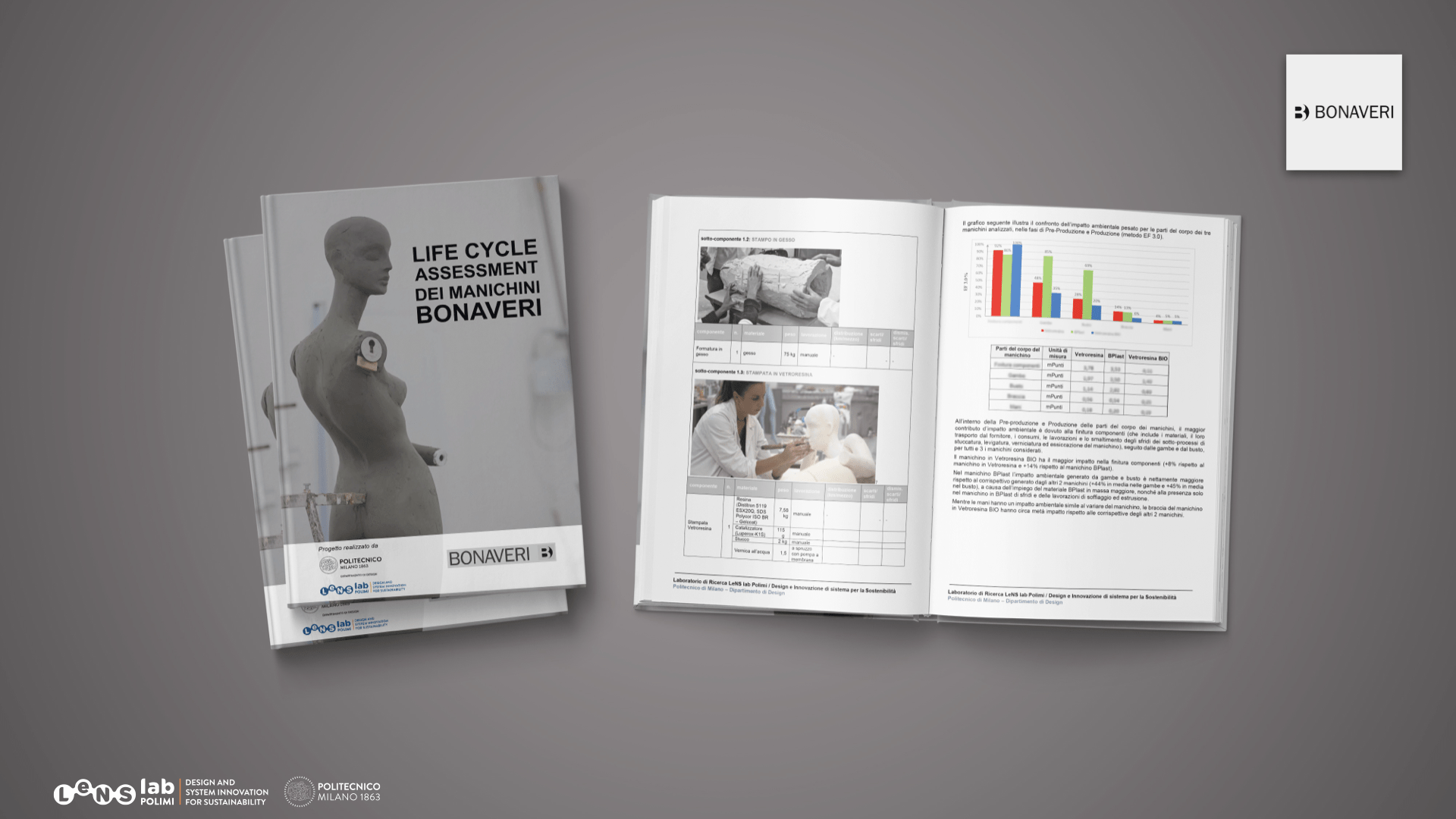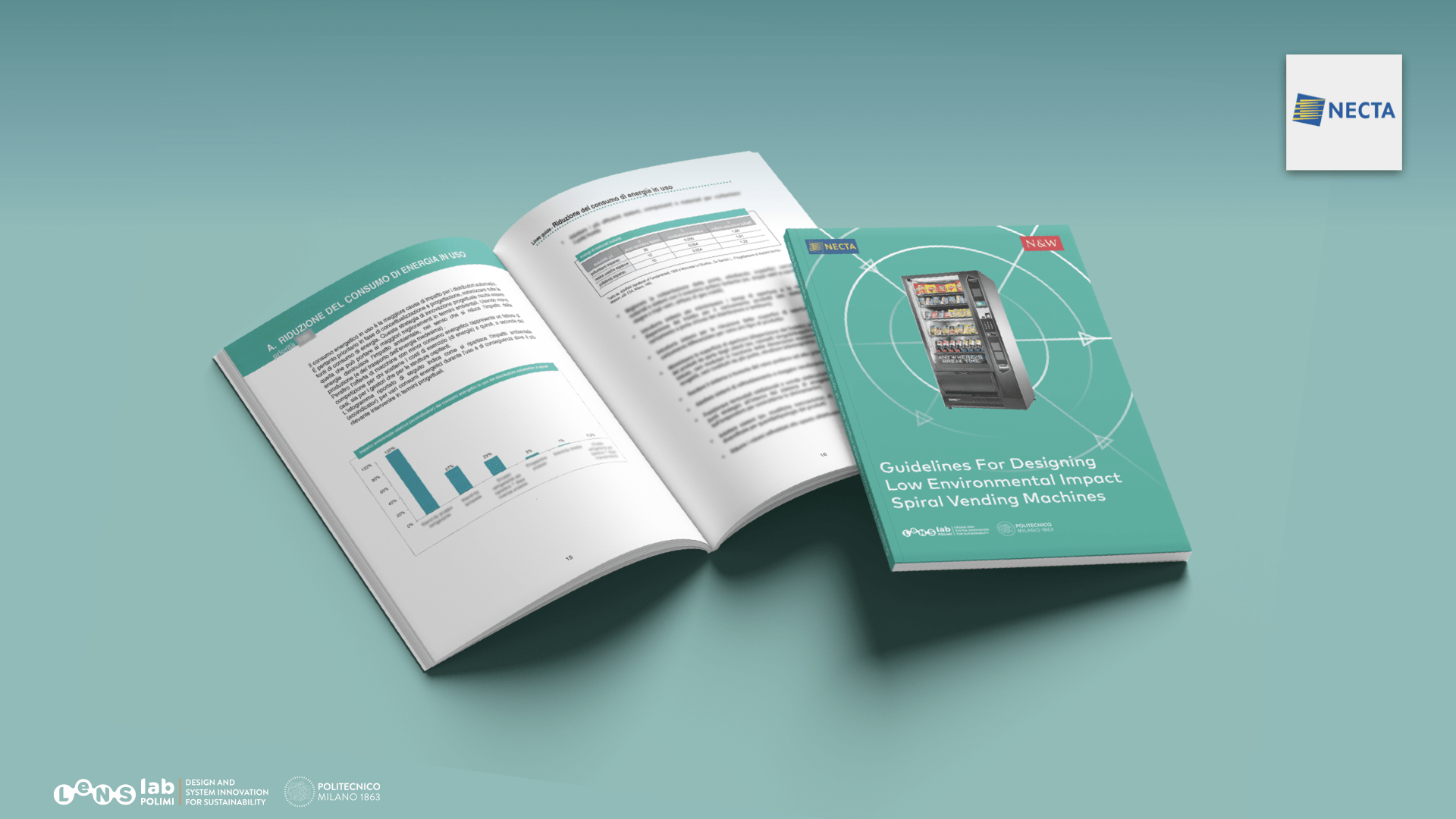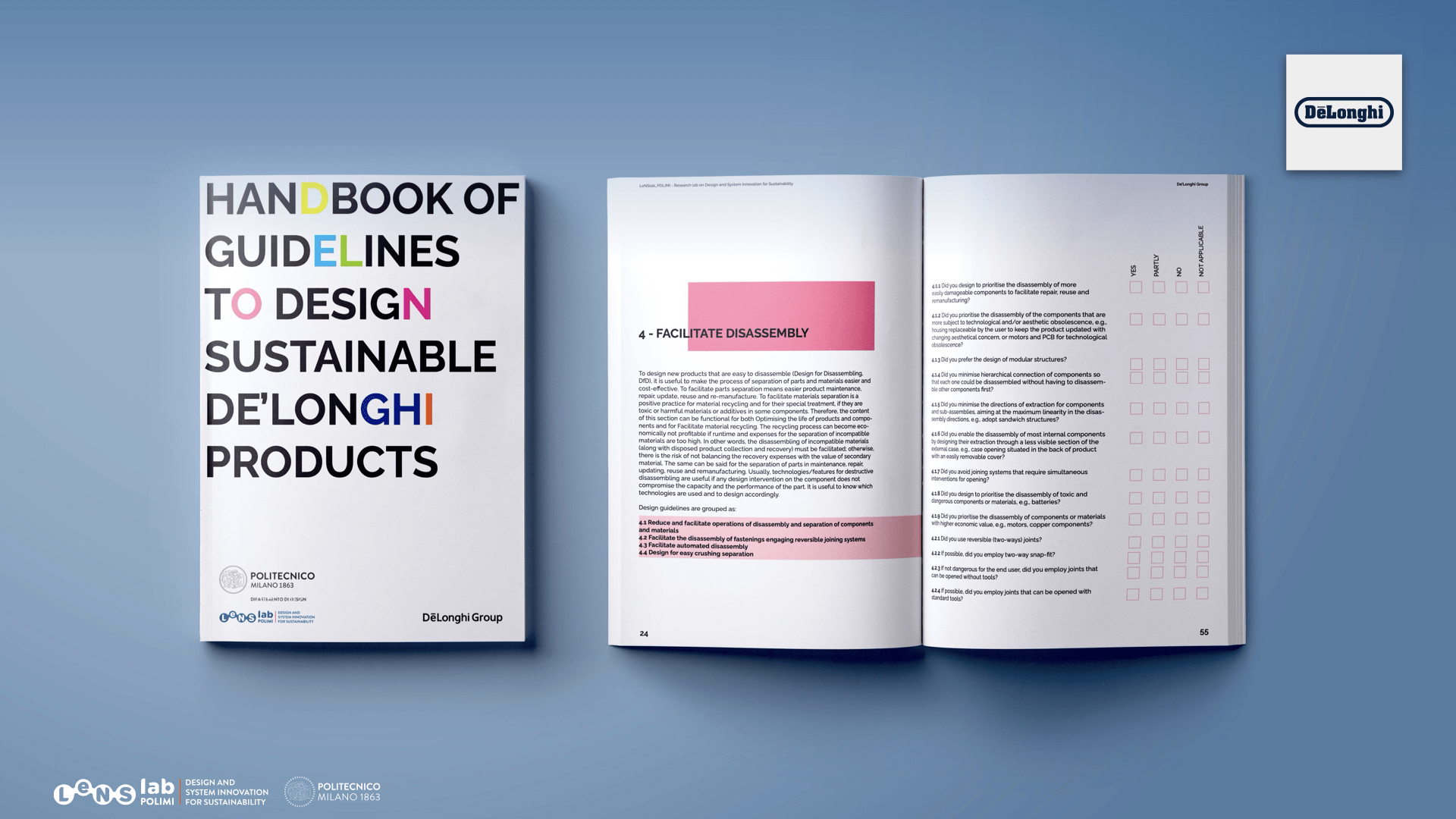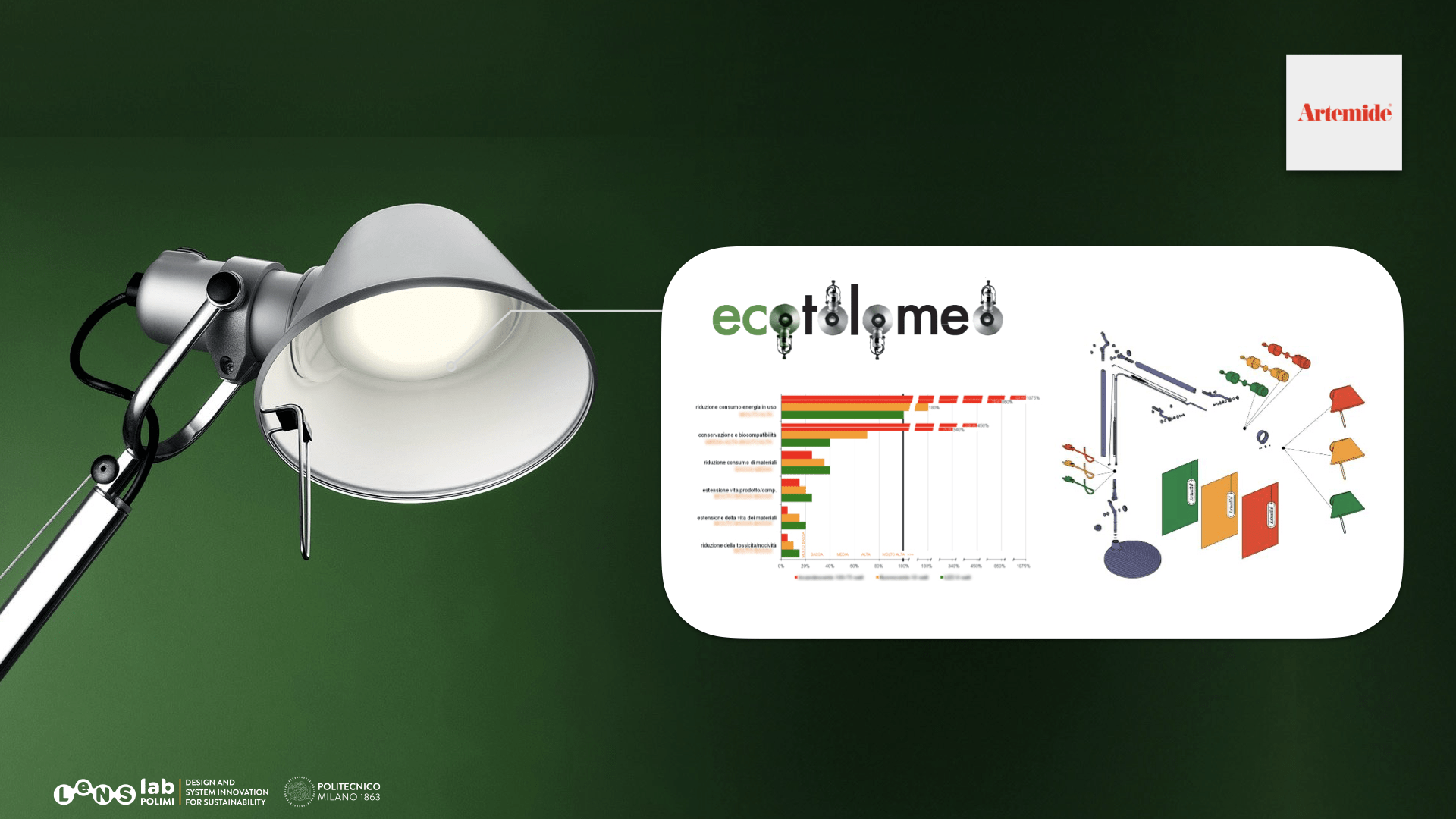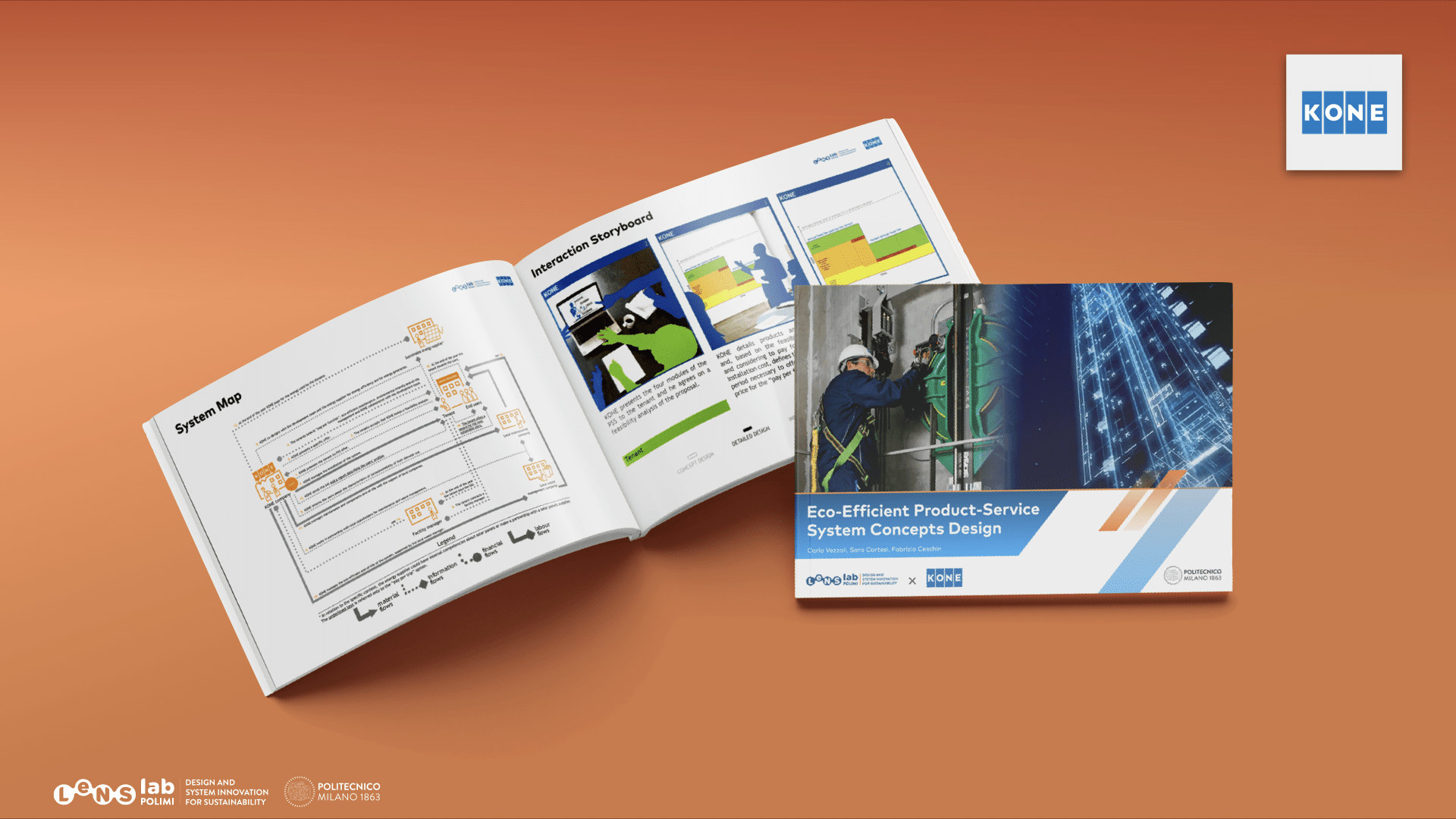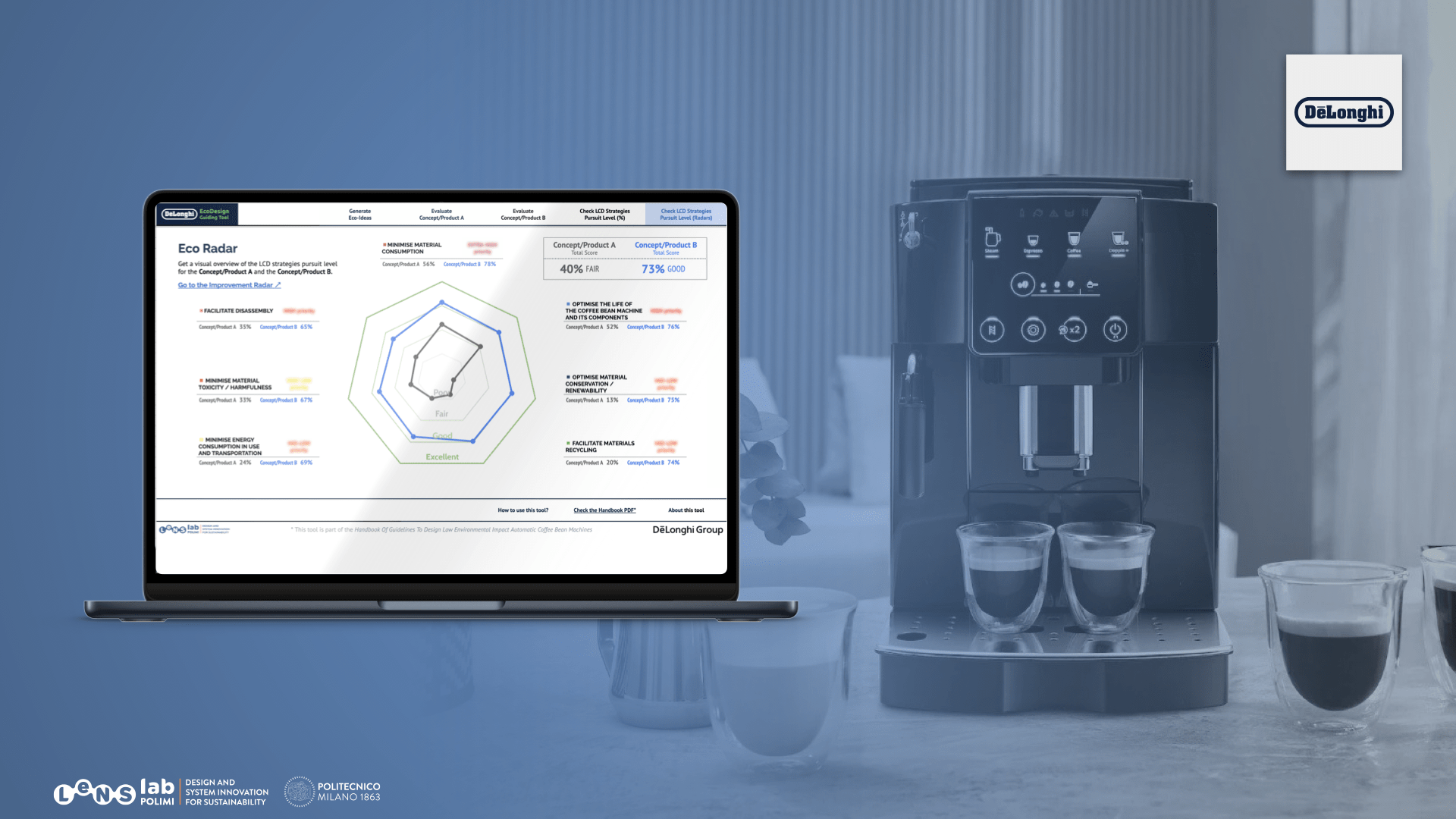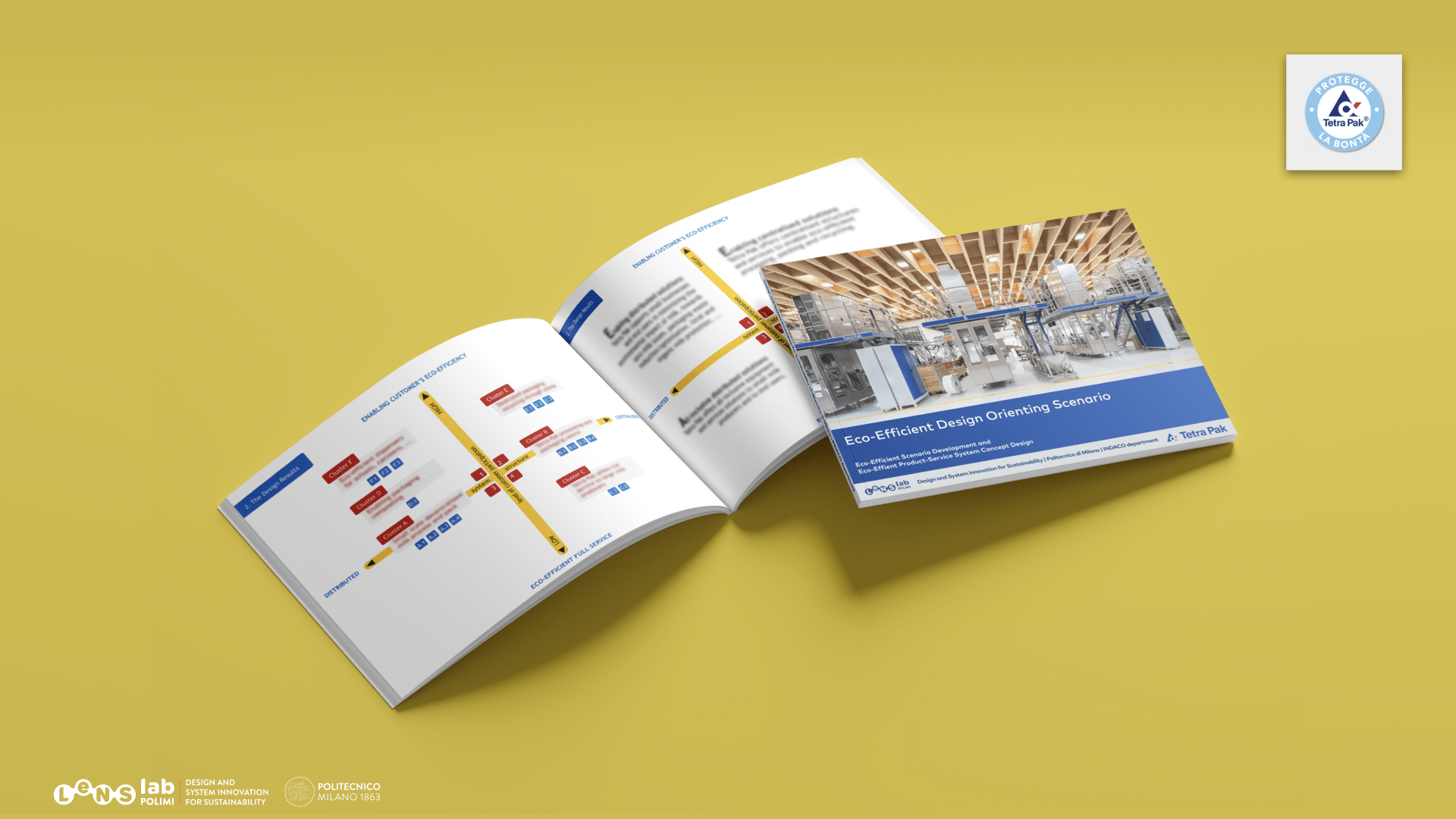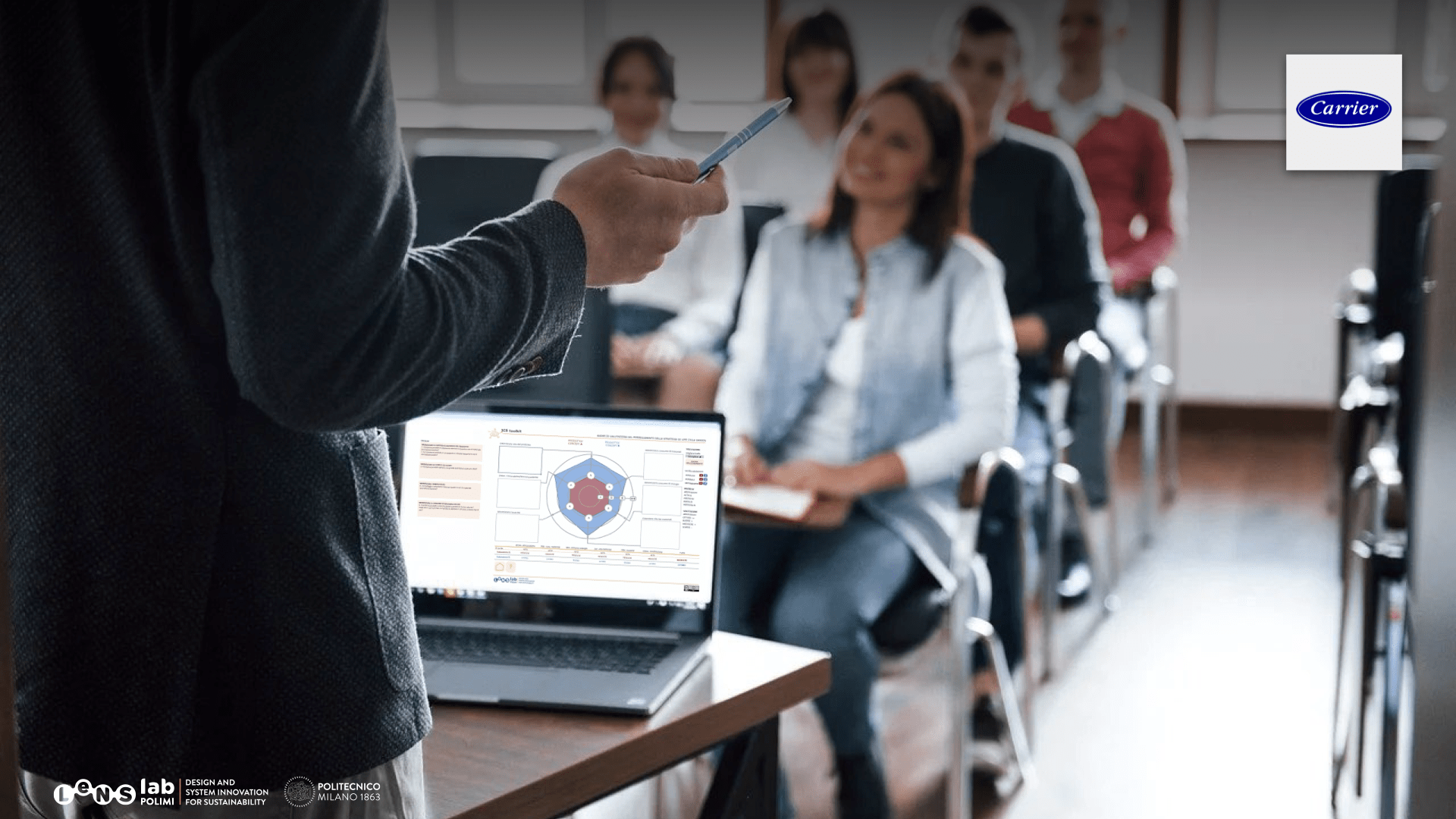Responsible Fashion - How Sustainability Approaches Are Changing The Fashion Industries
G Maria Conti, (2024)
International Journal of Film and Media Arts Vol. 9, Nº. 1
Efficiently routing a fleet of autonomous vehicles in a real-time ride-sharing system
M. Bruglieri, R. Peruzzini, O. Pisacane, (2024)
Computers & Operations Research, Volume 168, 106668
A matheuristic for the electric vehicle routing problem with time windows and a realistic energy consumption model
M. Bruglieri, M. Paolucci, O. Pisacane, (2023)
Computers and Operations Research, Volume 157, 106261
The benefit of complete trip information in free-floating carsharing systems
C. Archetti, M. Bruglieri, G. Guastaroba, M. G. Speranza. (2023)
EURO Journal on Transportation and Logistics. 12: 100110
A survey on emergent trends in the optimization of car-sharing systems
M. Bruglieri, O. Pisacane. (2023)
International Transactions in Operational Research, 30(6): 2867-2908
A GRASP with penalty objective function for the Green Vehicle Routing Problem with Private Capacitated Stations
M. Bruglieri, D. Ferone, P. Festa, O. Pisacane, (2022)
Computers and Operations Research. 143: 105770
A New Vision for Designers: A Resilient and Sustainable Design for All
Vezzoli, C.(2022)
Design Research Journal Volume 12, number 03, June 2022. Wuhan (China): Editorial Department of Design Research
Characterizing and Defining of Designing Sustainable Product-Service Systems Applied to Distributed Water-Energy-Food Nexus
Gao, M., He, R., Vezzoli, C., Ma, K., Zhang, Y. (2022).
Frontiers in Environmental Science Journal. Volume 10, art. no. 864281. March 2022
Designing a "New Normality", Distributed and Sustainable for AII
Vezzoli, C. (2021)
Strategic Design Research Journal. Volume 14, number 01, January – April 2021
A design framework for enabling sustainability in the clothing sector
Santos dos A., Vezzoli C., Ceschin F., Suzana Barreto Martins S. B., (2016)
In Latin American Journal of Management for Sustainable Development, Vol. 3, No. 1, 2016
New design challenges to widely implement ‘Sustainable Product-Service Systems’
Vezzoli C., Ceschin F., Diehl J. C., Kohtala C. (2015)
in Journal of Cleaner Production, Volume 97, Special Volume Why have “Sustainable Product-Service Systems” not been widely implemented, Guest editor Vezzoli C., Ceschin F. Diehl J. C. Kohtala C.
The International Learning Network on Sustainable Design (LeNSin)
Vezzoli C., LV J., Liu, X., ZHANG J., ZHANG L., HAN S. (2015)
Design Research, Volume 5, 10.2015. Wuhan, China: Editorial Department of Design Research
Sustainable Product-Service System Design Applied to Distributed Renewable Energy Fostering the Goal of Sustainable Energy for All
Vezzoli C., Ceschin, F., Carel Diehl J., Kohtala C. (2015)
Journal of Cleaner Production, Volume 97, Special Volume: Why have ‘Sustainable Product-Service Systems’ not been widely implemented?
New Design Challenges to Widely Implement ‘Sustainable Product-Service Systems’
Vezzoli C., Ceschin, F., Carel Diehl J., Kohtala C.(2015)
Journal of Cleaner Production, Volume 97, Special Volume: Why have ‘Sustainable Product-Service Systems’ not been widely implemented?
LeNS China: A Chinese Learning Network on Sustainability for the Development and Diffusion of Teaching Materials and Tools on Design for Sustainability
Vezzoli C., Ceschin, F., Xin L., Jun Z.(2014)
in Ecological Economy, Issue 2. School of Design, Hunan University, Academy of Arts & Design, Tsinghua University, Unit of Research Design and System Innovation for Sustainability, INDACO Department, Politecnico di Milano, Via Durando 38/A, Milan20158, Italy.
Meeting New Design Challenges to Achieve Societal Sustainability.
Vezzoli C., Ceschin, F., Carel Diehl J., Kohtala C.(2012)
Journal of Cleaner Production, Volume 35, November 2012. Why have ‘Sustainable Product-Service Systems’ not been widely implemented?
The Learning Network on Sustainability: an E-Mechanism for the Development and Diffusion of Teaching Materials and Tools on Design for Sustainability in an Open-Source and Copy Left Ethos.
A Comparative Life Cycle Assessment of Disposable and Reusable Packaging for the Distribution of Italian Fruit and Vegetables.
Levi, M., Cortesi, S., Vezzoli, C., Salvia, G.(2011)
Packaging Technology and Science International Journal, Volume 24, Issue 7, ISSN (Online): 1099-1522.
info | abstract | get article
Design Brings Innovation to the Base of the Pyramid
Santos dos A., Krämer A.,Vezzoli C.(2009)
Design Management Review, volume 20, n° 2, 2009, Design Management Institute, ISSN 1557-0614.
Cascade Approach on Recycling for Marble and Granite Product Design.
Santos dos A., Pereira C. S., Vezzoli C.(2009)
Materials & Design, Volume 30, N° 2, Febbraio 2009, Elsevier, ISSN 0261-3069.
info | abstract | get article
Sustainable Product-Service System for Personal Clothing Care.
Introduction to the ideas and recommendations presented in the articles in this special issue of the journal of cleaner production
Vezzoli C., Tukker A., Sto E. (edited by).(2008)
Journal of Cleaner Production, vol. 16, issue n° 11, The Governance and Practice of Change of Sustainable Consumption and Production. Elsevier Oxford, ISSN 0959-6526.
Fostering change to sustainable consumption and production: an evidence based view.
Tukker A., Emmert S., Charter M., Vezzoli C., Sto E., Munch Andersen M., Geerken T., Tischner U., Lahlou S.(2008)
Journal of Cleaner Production, vol. 16, issue n° 11, The Governance and Practice of Change of Sustainable Consumption and Production. Elsevier Oxford, ISSN 0959-6526.
Linking Lean Production and Design for Sustainability on the Issue of Waste Reduction
Vezzoli C., Santos A. D., Morais D.(2008)
Product: Management & Development, vol. 6, issue n° 2. Instituto de Gestão de Desenvolvimento do Produto. ISSN 2237-5228.
Modelli di Business Alternativi per l’Industria Automobilistica. Dalla Vendita di Veicoli all’Offerta di Servizi Sostenibili di Accesso alla Mobilità.
Vezzoli C., Ceschin F.(2008)
Trasporti & Cultura, n° 21, maggio-agosto 2008, ISSN 1971-6524.
Formare al Design per la Sostenibilità: Prodotti, Servizi e Nuovi Sistemi di Interazione fra gli Attori Socio-Economici.
Experimental Educational Networking on Open Research Issues: Studying PSS Applicability and Development in Emerging Contexts.
Vezzoli C., Sciama D. (2007)
International Journal of Sustainability in Higher Education, vol. 8, n° 2, Emerald Group Publishing Limited, ISSN 1467-6370.
info | abstract | get article
Design for Sustainability: the New Research Frontiers.
Life Cycle Design: from General Methods to Product Type Specific Guidelines and Checklists. A Method Adopted to Develop a Set of Guidelines/Checklist Handbook for the Eco-Efficient Design of NECTA Vending Machines.
Vezzoli C., Sciama D.(2006)
Journal of Cleaner Production, Elsevier Oxford, vol. 14, n° 15-16, ISSN 0959-6526.
info | abstract | get article
Campus: “lab” and “window” for Sustainable Design Research and Education. The DECOS Educational Network Experience.
Vezzoli C., Penin L.(2006)
International Journal of Sustainability in Higher Education, vol. 7, n° 1, Emerald Group Publishing Limited, ISSN 1467-6370.
info | abstract | get article
Imballaggi e Ambiente.
Luce e Impatto Ambientale. Una Nuova Generazione di Artefatti per una Luce Sostenibile.
Sustainable PSS Design in Emerging Contexts
Vezzoli C., Penin L. (2004)
Proceedings of Second International SusProNet Conference “Product Service Systems: Practical Value”, SUSPRONET – the product service design network. Delft (The Netherlands): TNO-STB ed., pp. 103, 104, 106.
A Strategic Design Approach to Develop Sustainable Product Service Systems Examples Taken from the ‘Environmentally Friendly Innovation’ Italian Prize.
Vezzoli C., Manzini E.(2003)
Journal of Cleaner Production, vol. 11, n° 8, ISSN 0959-6526.
info | abstract | get article
A Strategic Design Approach to Develop Sustainable Product Service Systems Examples Taken from the ‘Environmentally Friendly Innovation’ Italian Prize.
Vezzoli C., Manzini E.(2003)
Journal of Cleaner Production, vol. 11, n° 8, ISSN 0959-6526.
info | abstract | get article
A New Generation of Designer: Perspective for Education and Training in the Field of Sustainable Design. Experiences and Projects at the Politecnico di Milano University.
Vezzoli C.(2003)
Journal of Cleaner Production, vol. 11, n° 1, ISSN 0959-6526.
info | abstract | get article
Product-Service Systems: Using an Existing Concept as a New Approach to Sustainability.
Vezzoli C., Manzini E., Clark G.(2001)
Journal of Design Research, vol. 1, No.2. Delft University Press, ISSN 1569-1551, capitoli: “What motivates a company to consider PS systems?”, “Barriers to adopting PS systems”, “PS systems are not a panacea: the rebound effect”, “PS systems are applicable to developed and developing countries: lessons to be learned by all” and “What are next steps for companies?”. http://jdr.tudelft.nl.
Una Vita Lunga e Intensa per Artefatti Realmente Sostenibili. Scenari e Strategie Progettuali Consapevoli dell’Ambiente.
Vezzoli C.(2000)
Archi, n° 1, Edizioni casagrande Svizzera, ISSN 1422-5417.
An Overview of Life Cycle Design and Information Technology Tools.
Vezzoli C.(2000)
The Journal of Sustainable Product Development, n° 9, The Surrey University of Art and Design, ISSN 1367-6679, Surrey.
Efficienza Energetica e Potenziali di Innovazione per le Lavabiancheria.
Vezzoli C.(1999)
Il Giornale delle Arti Domestiche, n° 2/1999, Milano, Miller Freeman-Stammer, ISSN 0392- 3614.
La Formazione di una Nuova Generazione di Progettisti.
Vezzoli C., Manzini E.(1998)
L’architettura naturale. La cultura del progetto sostenibile, n°3/1998, Monfalcone, Edicom Edizioni.
Metodologie e Strumenti Informatici di Supporto alla Progettazione di Prodotti Eco-Efficienti.
Gli Imballaggi e l’Ambiente. Progettare e Ridurre a Monte l’Impatto Ambientale.
Vezzoli C.(1998)
Fill & Pack, n° 1/1998, gruppo editoriale Stammer, Milano, maggio.
Life Cycle Design of a Telephone.
Vezzoli C.(1998)
Industry and Environment, vol. 20, n° 1-2, United Nations Environment Programme (UNEP), Parigi, ISSN 0378-9993.
© 2025 LeNS Lab



